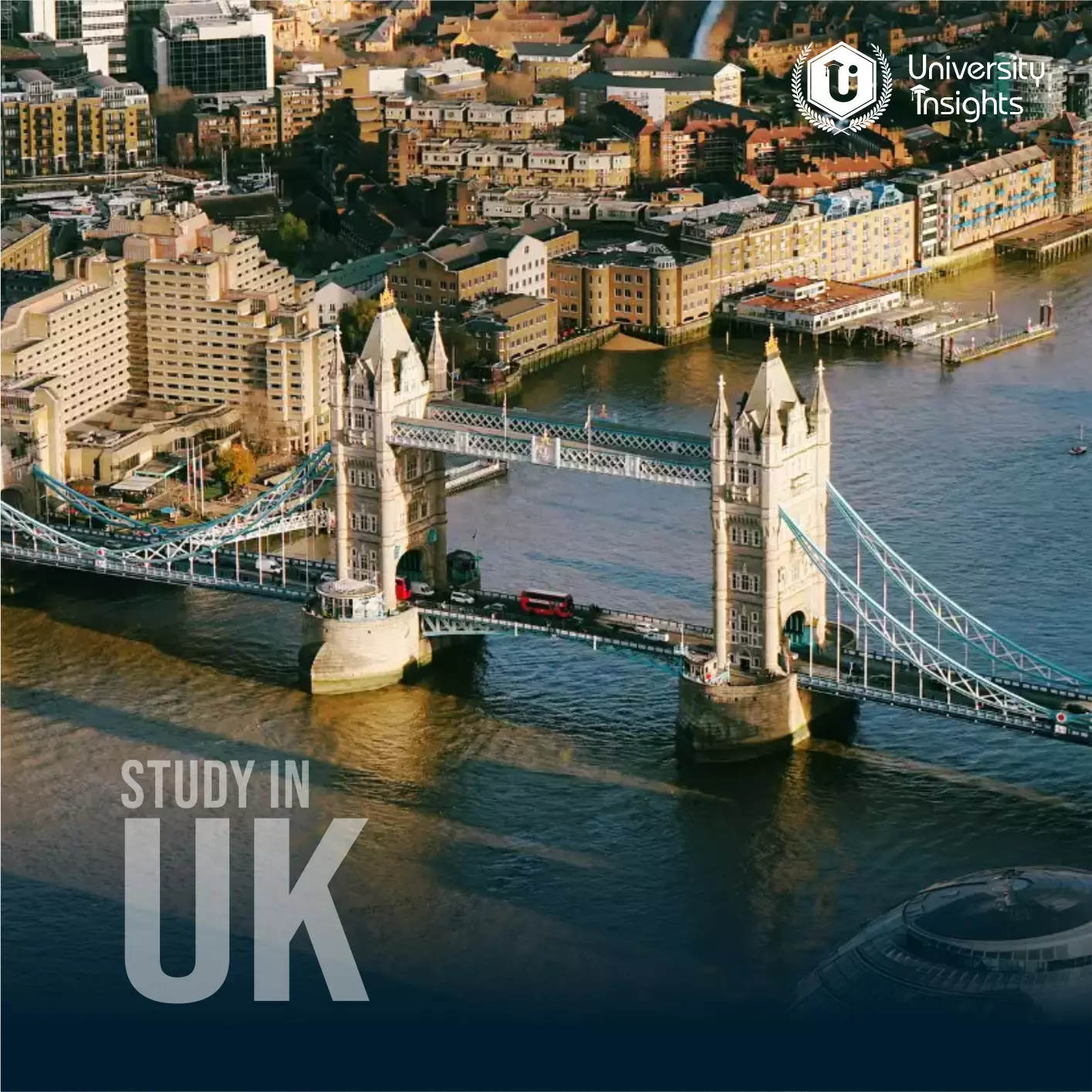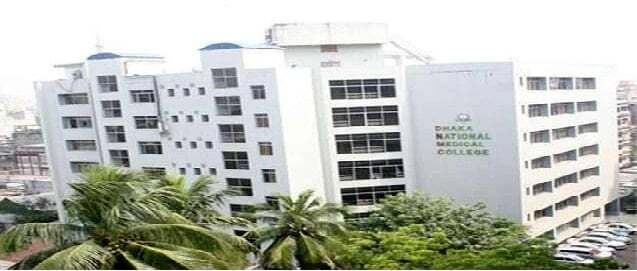For international students looking to study in Malta, it’s essential to have a clear understanding of the various living expenses they might incur. Malta offers a moderate cost of living compared to other European countries, but it can still vary based on factors such as location, lifestyle, and housing choices. Below, we explore the average cost of living, a comparison between major cities and smaller towns, and tips for effectively managing expenses while studying in Malta.
Average Cost of Living in Malta for International Students
The overall cost of living for international students in Malta typically ranges between €8,000 to €12,000 per year, covering accommodation, food, transportation, utilities, and other personal expenses. This amount can vary significantly depending on individual spending habits and housing arrangements.
Key Expenses Breakdown:
Accommodation:
On-campus housing at the University of Malta or American University of Malta ranges from €250 to €500 per month, depending on whether the student opts for a shared or private room.
Off-campus accommodation in cities like Valletta, Sliema, or St. Julian’s can range from €400 to €700 per month, while smaller towns like Gozo or Mosta offer lower rents between €300 and €500.
Utilities (electricity, water, internet, heating):
Monthly utility costs generally fall between €70 to €150, depending on usage and whether the accommodation is shared. Heating costs may increase during the winter months.
Groceries and Food:
A student’s monthly grocery bill typically ranges from €150 to €250, with local markets offering more affordable produce than supermarkets. For those eating out, meals at budget-friendly restaurants cost around €10 to €15, while mid-range dining may cost between €20 and €30 per person.
Transportation:
Public transportation is the most cost-effective option. Students can purchase a monthly bus pass for approximately €26, giving unlimited access to the island’s bus network.
For students who prefer cycling or walking, transportation costs can be nearly zero, especially for those living close to campus. Alternatively, car rental services are available but generally costlier.
Health Insurance:
Health insurance is a mandatory requirement for international students and typically costs between €200 and €500 per year, depending on the coverage plan. This insurance must cover a minimum of €30,000 in medical expenses.
Books and Supplies:
The cost of academic materials varies based on the program, but students should budget between €500 and €1,000 per year for textbooks, course materials, and other educational resources.
Cost of Living in Major Cities vs Smaller Towns in Malta
Malta’s cost of living differs significantly depending on whether students reside in major cities like Valletta and Sliema or smaller towns such as Gozo and Mosta. Below is a detailed comparison:
Living in Major Cities:
Valletta, Sliema, and St. Julian’s:
Accommodation: Rent in these central and tourist-heavy areas is the most expensive, ranging from €500 to €700 per month for a modest apartment. Shared accommodation is slightly cheaper, but the convenience of living close to universities and amenities makes these areas more costly.
Food and Dining: Dining in the city can be expensive, especially in touristy areas, where a meal in a mid-range restaurant may cost €20 to €30. Grocery shopping is generally more expensive as well, but local markets can offer more affordable prices.
Entertainment: Cultural and entertainment options in major cities are abundant but come at a higher cost. Movie tickets, concerts, and nightlife can add to the living costs if frequented often.
Living in Smaller Towns:
Gozo, Mosta, and other rural areas:
Accommodation: Rent in smaller towns like Gozo is far more affordable, ranging from €300 to €500 per month for a one-bedroom apartment. For students looking to cut costs, these areas are ideal, though commuting to central universities may take longer.
Food and Dining: Grocery costs are generally lower, and local dining in smaller towns can be more budget-friendly, with meals in local restaurants ranging from €10 to €15.
Transportation: Public transport remains the most affordable option in smaller towns. However, students living far from the city center should budget for additional transport costs if commuting to campus daily.
Tips for Budgeting and Managing Living Costs in Malta
Opt for Shared Accommodation:
Sharing an apartment with other students can significantly reduce housing costs. Renting a room in a shared apartment may cost around €250 to €400 per month, particularly in smaller towns or suburban areas.
Plan Meals and Shop at Local Markets:
To reduce food costs, consider cooking at home and purchasing fresh produce from local markets instead of supermarkets. Planning meals in advance can also prevent overspending on take-out or restaurant meals.
Take Advantage of Student Discounts:
Many businesses, including restaurants, public transport providers, and entertainment venues, offer student discounts. Carry a valid student ID card to save on everyday expenses.
Use Public Transport:
Malta’s bus system is affordable, and a monthly student pass is available for just €26, offering unlimited travel throughout the island. Avoid taxis and ride-sharing services, which are significantly more expensive.
Explore Smaller Towns for Affordable Living:
While Valletta and Sliema are more convenient, Gozo and other smaller towns offer a more affordable lifestyle. Commuting to central campuses from these towns is still feasible, with well-connected public transport options available.
Manage Utilities Carefully:
To keep utility bills low, be mindful of water and electricity usage, especially in winter when heating costs can rise. Use energy-efficient appliances and avoid leaving electronics on standby.
The cost of living in Malta can vary significantly depending on where students choose to live and their personal spending habits. While living in major cities like Valletta or Sliema offers convenience and access to more amenities, smaller towns like Gozo provide more affordable housing options and a quieter lifestyle. By opting for shared accommodation, using public transport, and taking advantage of student discounts, international students can manage their living costs effectively while enjoying the high quality of life that Malta offers.










